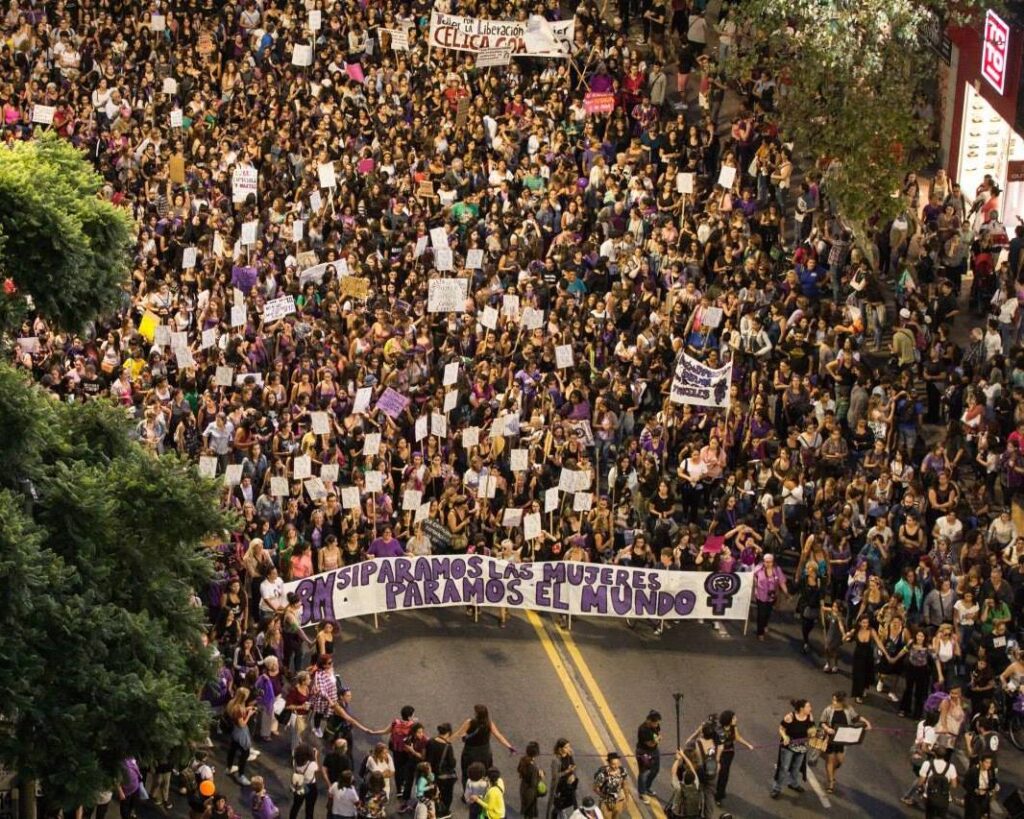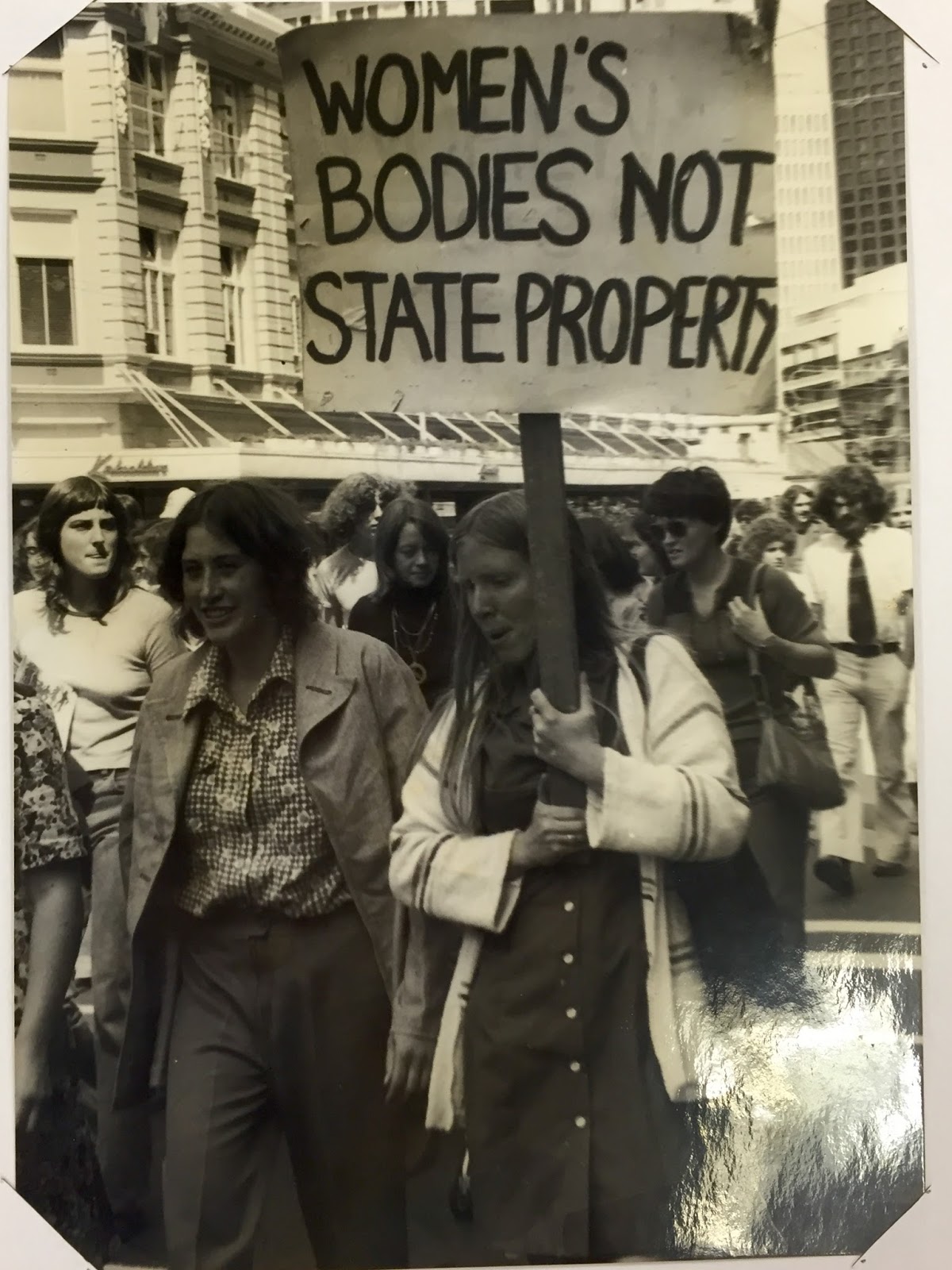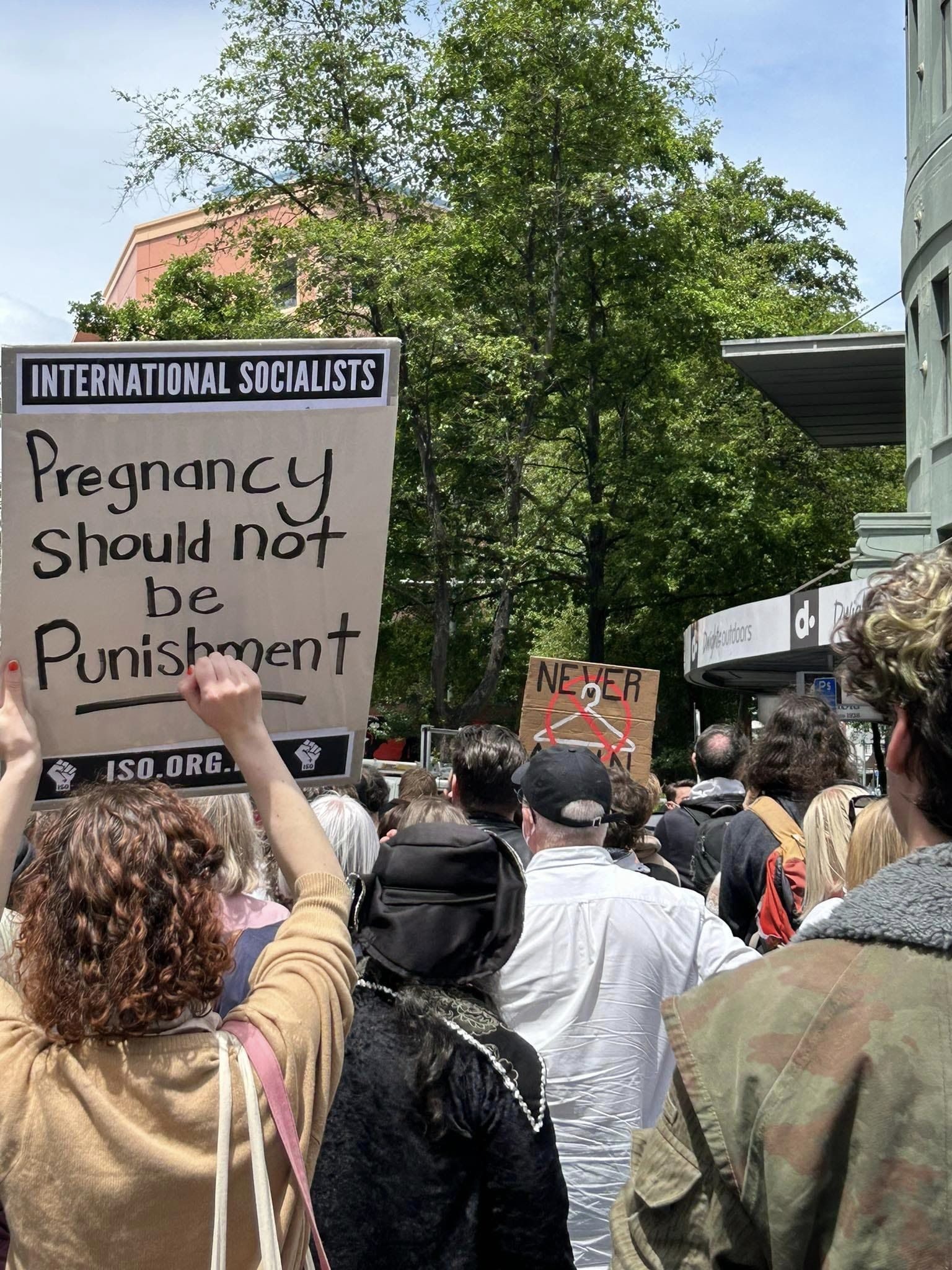This government hates the working class, particularly women
In May 2025, New Zealand’s coalition government passed the Equal Pay Amendment Act under urgency, and in this one action, rolled back years of reform work to improve pay for some of our most critical and underpaid workers. While many commentators expressed shock and disbelief that the Government could betray hardworking women workers in sectors such as nursing, teaching, and care work, these attacks come as no surprise to socialists.
They’re taking $12.8 billion from working women to give to capitalists
The fight for pay equity has been an attempt to address the systemic devaluation of work done by women, including addressing the fact that women-dominated fields such as nursing, teaching, and social work pay less than comparable male-dominated fields.
What do the changes to pay equity involve? The Pay Equity Amendment Act pushed through by this government canceled all 33 existing pay equity claims, which covered over 150,000 workers between them, increased the threshold for workers to bring new claims, and also reduced the type of compensation they can claim. Tellingly, the Government passed this legislation “under urgency”, meaning there was no consultation with the public and minimal time for consideration and debate.
Initially, ACT’s Workplace Relations Minister Brooke Van Velden tried to deny the obvious financial motive of this Act, but this was later directly contradicted by Finance Minister Nicola Willis, who highlighted that the reform will “save” (i.e. avoid) $12 billion in pay equity claims over four years. The government didn’t even try to cover up that this is a blatant attempt to claw money away from working-class women to pay capitalists like big businesses and landlords, who will receive around $9.3 billion in tax cuts over the next four years.
The union response
As part of their ongoing response to the pay equity situation, the Council of Trade Unions (NZCTU), which represents over 320,000 New Zealand union members in 27 affiliated unions, announced a “Women’s Day of Action” to be held on Saturday 20 September. Coinciding with the 132nd anniversary of women’s suffrage, the day is planned as both a protest and a “celebration of women’s legacy”, with marches in Auckland and Wellington and other community gatherings and events across the motu, including a picnic in Whangarei, a market in Whanganui, and a “Equitea Party” in Dunedin.
NZCTU Secretary Melissa Ansell-Bridges stated that the Women’s Day of Action is an opportunity to show the government that the issue of pay equity is not going away, that “pay equity is not optional,” and that the CTU will continue to fight to have it restored.
The “Women’s Day of Action” should be a strike, not a picnic
The union response is disappointing. This pay equity rollback is one of the biggest attacks on the rights of working people in recent times, so why are we not seeing stronger action? If the NZCTU is really committed to the message that “pay equity is not optional”, surely this situation warrants a more militant response than a weekend rally. What does the NZCTU hope to achieve by encouraging workers to hold a “crafternoon” on a weekend?
In addition to questioning the effectiveness of the planned Women’s Day of Action events, we need to interrogate the focus on “family-friendly” and “fun” actions. Even ignoring the obvious question (would there be the same “family-friendly” focus for a “Men’s Day of Action”?), why is this response being branded like a party, when it’s about responding to the ongoing and systemic disadvantaging of women? While joy and celebration are crucial parts of any protest movement, this current moment – when our working rights are being eroded right before our eyes – is the time for fighting, not ineffectual fun. Aotearoa has a long history of women committing radical, militant action to secure their rights. It would be appropriate to honour them by continuing in such a tradition.
Some unions are taking much stronger action than the NZCTU. The Nurses Organisation (NZNO), Tertiary Education Union, NZEI Te Riu Roa, Post-Primary Teachers’ Association, and Public Service Association have launched a legal challenge to the legislation change, claiming that it “breaches three fundamental rights: freedom from gender-based pay discrimination, the right to natural justice, and the right to fair legal process.” A People’s Select Committee has been formed, and submissions are currently in progress.
Meanwhile, members of the NZNO, the PPTA, and the NZEI have already been taking strike action against the Government’s anti-worker and anti-women policies. Members of the NZNO have been taking part in ongoing and well documented strike action for a number of months after Health New Zealand refused to meet their demands regarding safe staffing levels. Similarly, teachers from the PPTA and NZEI unions are also striking in response to underinvestment in the education sector and an insulting one percent pay rise offer from the Government.
Union workers are rightly outraged by this government and are ready to use their most effective tool, the withholding of their labour, to demand change. In this climate, union leaders who are truly committed to the rights of women workers should be calling for wider strikes to remind the Government of who it is that really powers the economy: under-valued women and ethnic minority workers.
Women workers deserve real liberation from oppression…
Women workers deserve militant unions that walk the talk when it comes to advocating for the rights of women workers. Women’s Day of Action should be held on a weekday, and should be just the first step in a series of strikes to protest pay equity cuts and support the strike action by nurses and teachers. This would present the workers as a united front against discrimination, showing the government that pay equity is a serious issue and making this a one term government.
Widespread strike action to protest women’s oppression has a long history. The NZCTU would do well to look to examples such as Poland in October 2016, when Polish women held a general strike to protest a proposed ban on abortion. Thousands of women stayed away from schools, work and businesses. In the aftermath of the strikes, the Polish government voted down the abortion ban in a vote of 352 to 58, and although the abortion ban later returned, this example shows the effect that large scale protest can have.
…And no one is free until we’re all free
Although disappointing, it’s no surprise that the government is rolling back pay equity. Misogynistic narratives about women’s work being less valuable than men’s provide the necessary justification for capitalists to undervalue and underpay women’s labour. Until we overhaul our economic system and build a world that isn’t driven by profit, capitalists – like those that run this government – will use the tools of misogyny, racism, ableism, and all other forms of discrimination to further exploit workers and extract as much value from our labour for as little as they can get away with. What is more surprising – and equally disappointing – is the failure of the NZCTU to recognise this moment as the time to call for widespread strike action. In the words of the Marxist feminist Clara Zetkin: “the emancipation of women is not an isolated question… [it] can never be solved in contemporary society, but only after a complete social transformation”. If they’ve been waiting for a sign, this is it.









